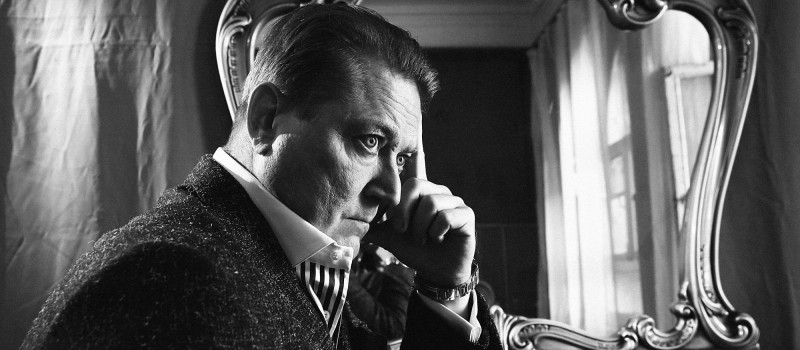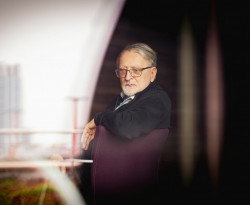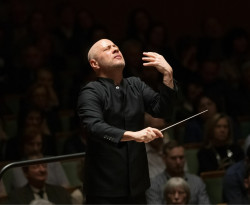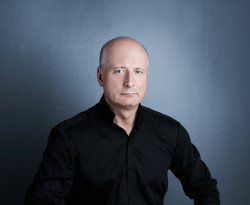
The Knight of the Ice Fields
Ticket prices
Add this event to your Google Calendar.
Two 20th century Russian contemporaries, both of whom suffered under the Soviet system and were time and again victims of the "cultural policy" of the dictatorship. Prokofiev, who had returned to his homeland from the West in the hope of gaining recognition, originally composed this work as the soundtrack for Eisenstein's film of the same title. Shostakovich's Symphony No. 5 is one of his most important orchestral works. As he directs these two compositions, the concert's Russian-Tatar conductor will be operating in his most familiar area.
Presented by: Hungarian National Philharmonic
Sections
Conductor:
-
Alexander Sladkovsky
Featuring:
-
altoAtala Schöck
-
Hungarian National Choir (choir: Csaba Somos)
-
Hungarian National Philharmonic Orchestra
Parking information
We wish to inform you that in the event that Müpa Budapest's underground garage and outdoor car park are operating at full capacity, it is advisable to plan for increased waiting times when you arrive. In order to avoid this, we recommend that you depart for our events in time, so that you you can find the ideal parking spot quickly and smoothly and arrive for our performance in comfort. The Müpa Budapest underground garage gates will be operated by an automatic number plate recognition system. Parking is free of charge for visitors with tickets to any of our paid performances on that given day. The detailed parking policy of Müpa Budapest is available here.
Refreshments – Without the Queue
Thanks to our new catering service at the Átrium Snack Bar, you can forget about waiting in line during intermissions for some refreshments and get your order prepped especially for you by the time the intermission actually starts. Find out more about pre-ordering here.
Safe ticket purchase
Dear Visitors, please note that only tickets purchased from the Müpa website and official ticket offices are guaranteed to be valid. To avoid possible inconvenience, we suggest buying tickets to our performances and concerts via the mupa.hu website, the Interticket national network (jegy.hu) or at our official ticket offices.



